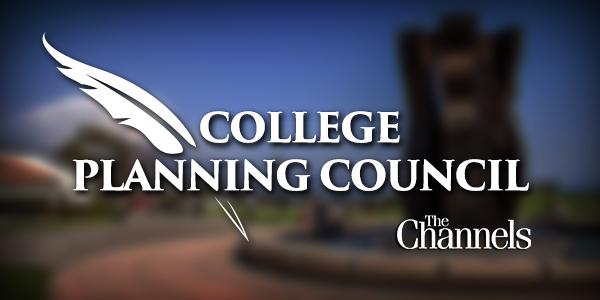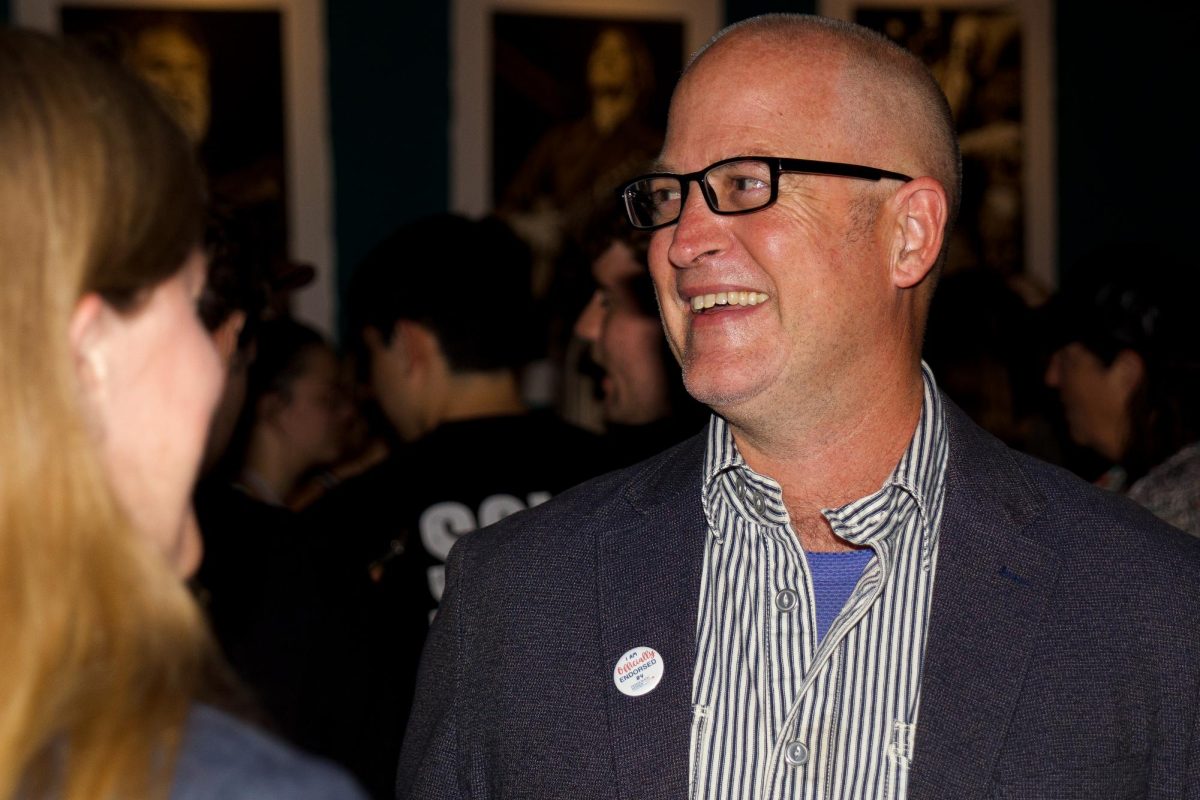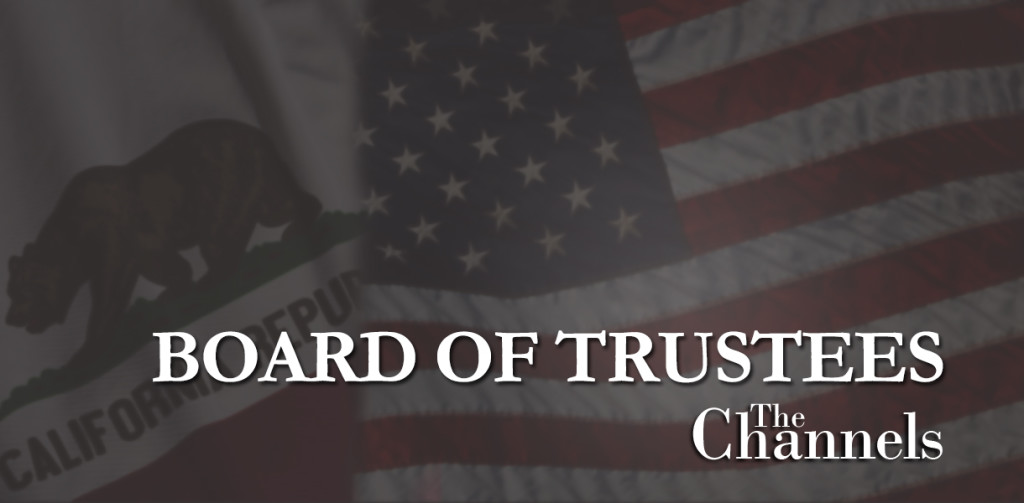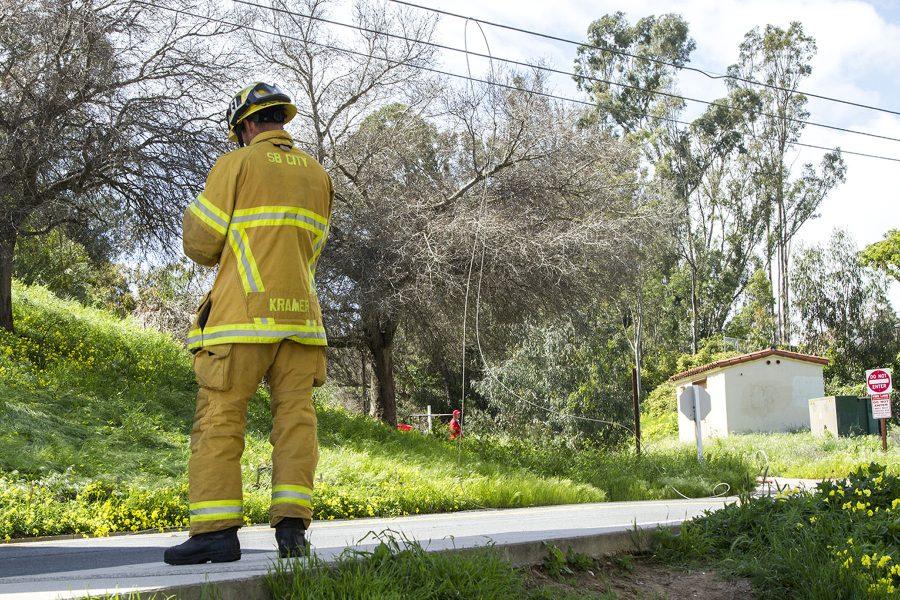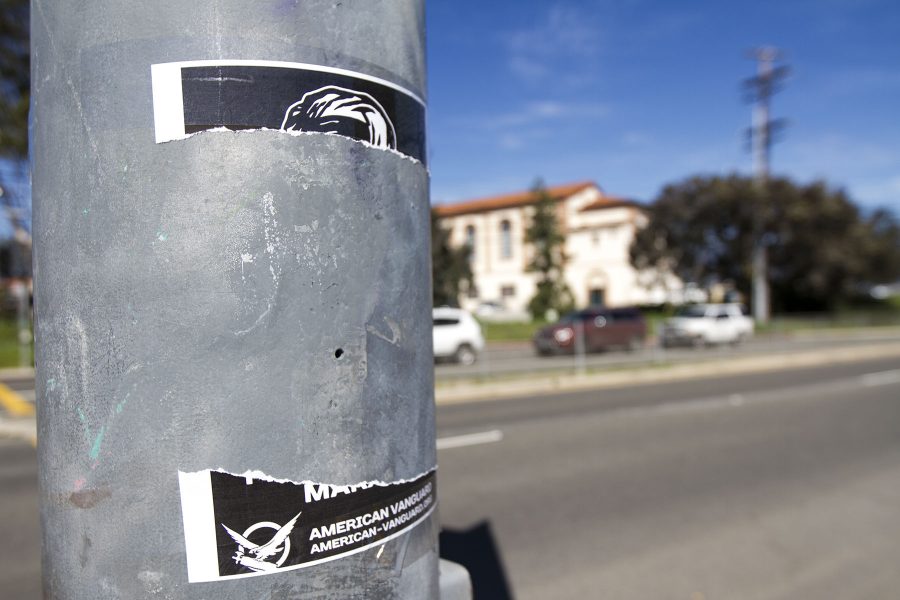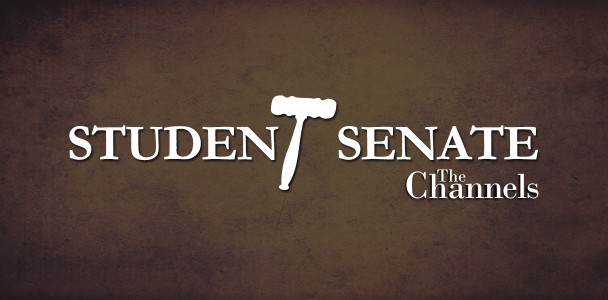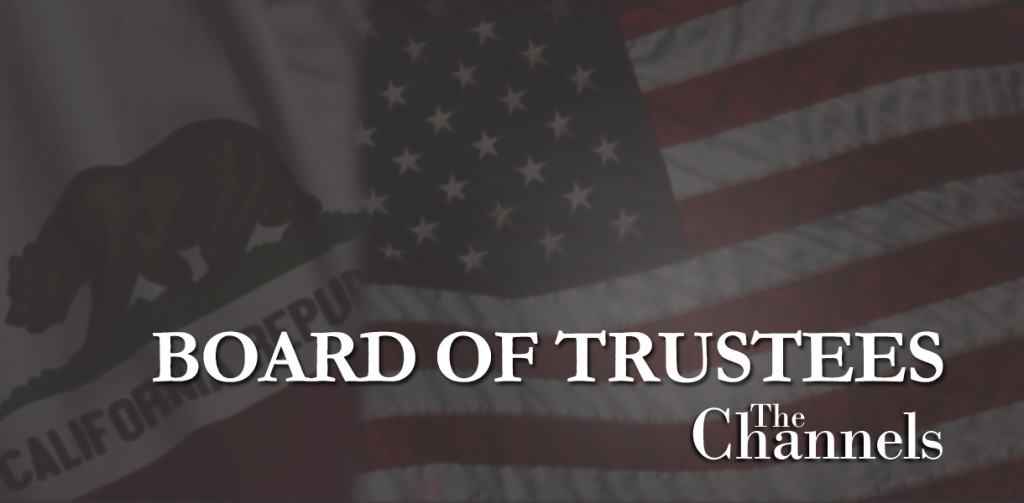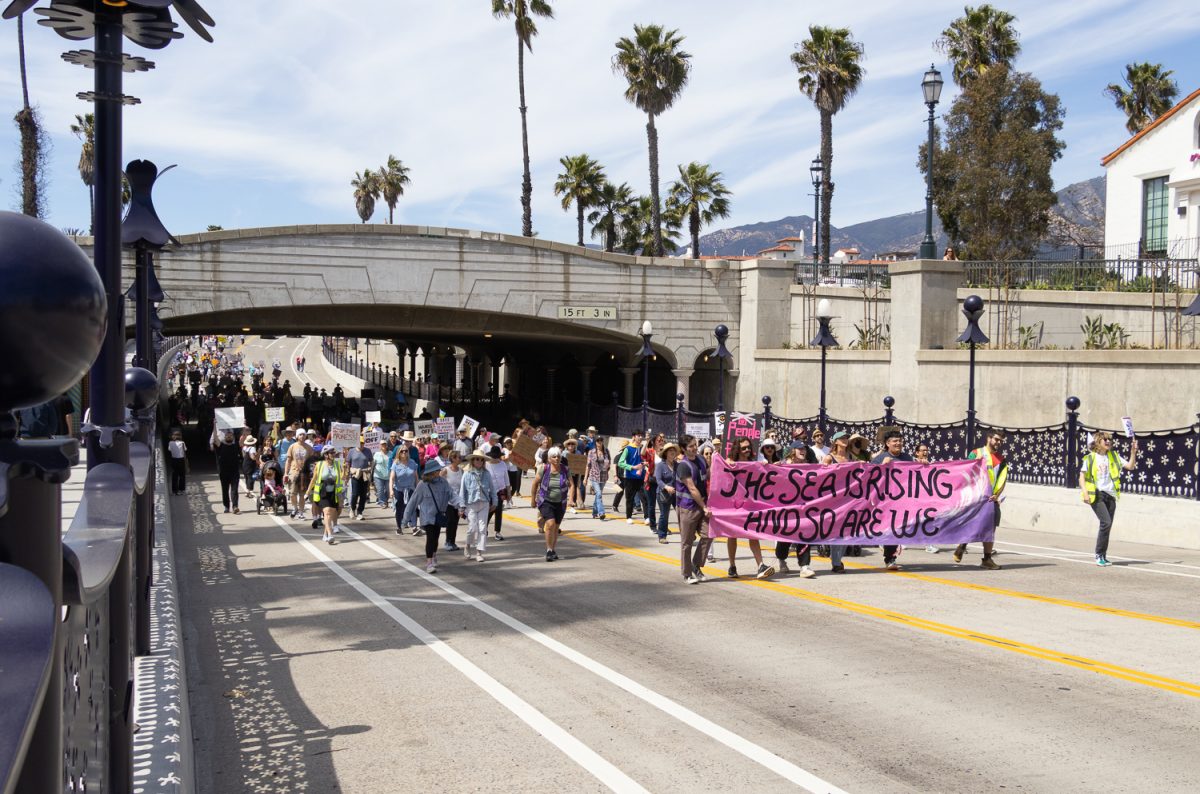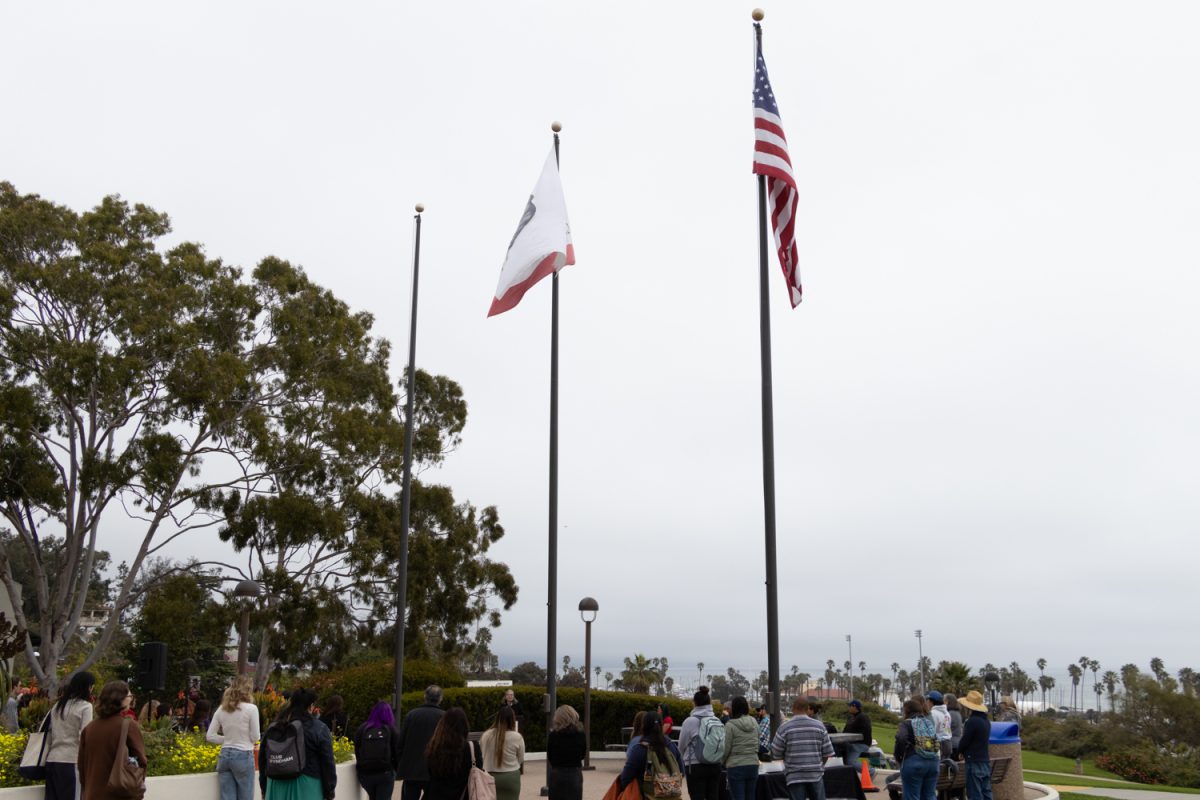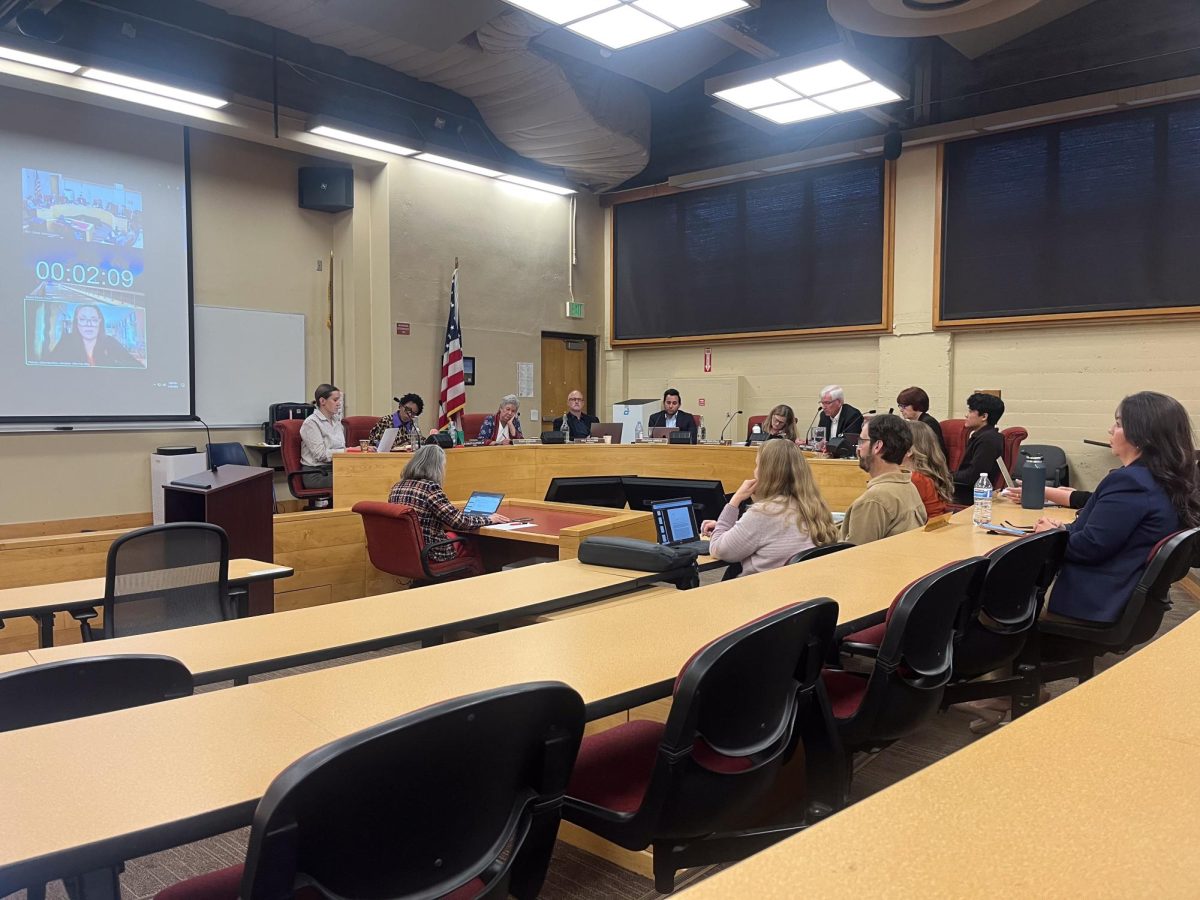The College Planning Council met Tuesday, March 21, to discuss the Public Records Act that will effectively make any emails or texts sent by faculty or staff relating to college business accessible to the public.
The California Supreme Court ruled on March 2 that the public has the right to see government officials texts and emails if they are related to public affairs.
“People still believe that there’s a presumption of privacy using an email system, but that’s not true,” Superintendent-President Dr. Anthony Beebe said.
Only items related to college business are public record. This includes college emails or messages discussing the mismanagement of coworkers that could potentially impact the college. However, private conversations gossiping about a coworker would not be considered public record.
Things like financial records, college reports and messages, communication with the public, electronic documents, photographs and videos are all considered public record.
“The public has the right to know what all public agencies do,” said City College attorney Joseph M. Sholder. “Whatever it is that you do that deals with the business of the public, if somebody asks for it, it’s something that the college is going to have to turn over.”
Private messages sent from personal devices such as a phone are not available to the public as long as they do not involve college business.
Sholder suggests faculty and staff minimize the use of private electronic devices to conduct business and that they route all emails through their pipeline accounts so the emails will be available on the district’s email server. This will prevent personal devices from being inspected.
The presentation on this item resulted after a resident of San Jose sued the city for disclosure of private voicemails, text messages and emails relating to city business. The California Supreme Court held that private communications not stored on college servers are “public records”, within the meaning of the act.
The Public Records Act states that the college is not required to subpoena private emails but must turn over all requested email records in its possession. However, if there is a reason to believe that there is private information that is not being shared, the college does have the ability to do so.
According to Sholder, emails that have private and public information in them will have all private information redacted, but the rest will remain public.
The general policy of the act favors disclosure and aims at ensuring transparency in the conduct of the people’s business by providing access to these records. The act has met some scrutiny in how it will be enforced and what is exactly defined as public record, but staff should have nothing to worry about as long as they conduct all college business through pipeline.


